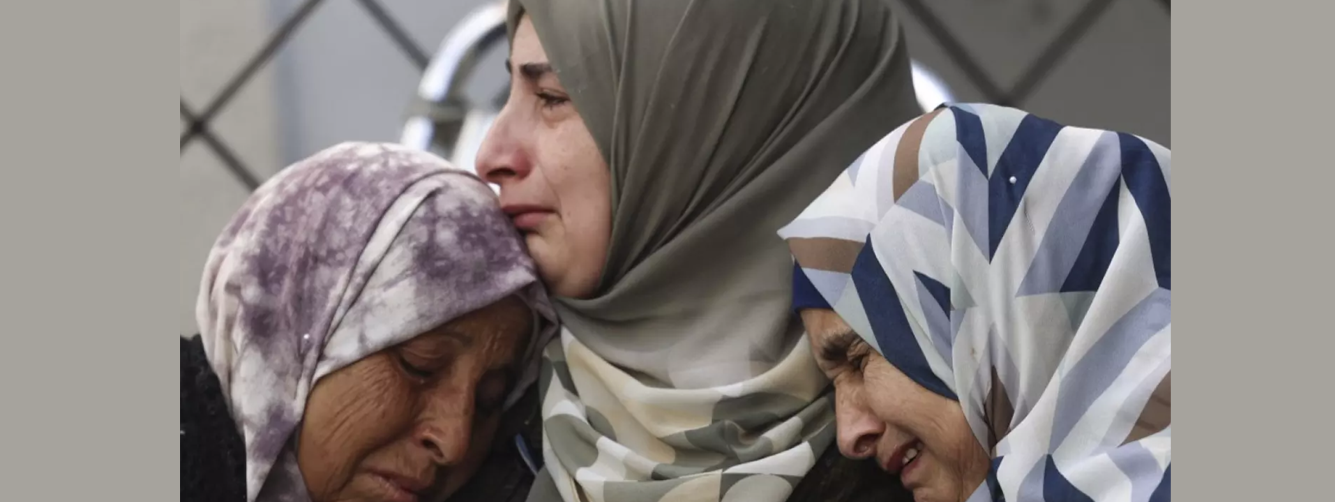
I’m going to risk a limb here and dip my toe into the extremely controversial Israeli ‘loyalty’ debate. This debate heated up when Israeli politician Avigdor Lieberman made it one of the major themes for which his party, Israel Beytenu, is campaigning. Translated as ‘Israel Our Homeland’, the party was originally formed by Lieberman as a platform for Russian immigrants. It takes a strong stance against peace negotiations, considers the ‘land for peace’ concept to be immoral and wrong, and aims to reduce the number of Palestinians living in Israel by as many as possible. As part of his Israeli election campaigning, Lieberman is calling for a loyalty test, or pledge of allegiance, for all Israeli citizens, including the Palestinians. You may ask yourself, so what’s the big deal? Don’t most countries require pledges of allegiance? Of course, most countries didn’t begin and maintain an illegal occupation, didn’t create millions of refugees, and don’t treat a large number of their citizens as second class. Lieberman and his supporters argue that they are not asking Palestinian-Israelis to renounce their identity. Instead, they are asking that they recognize and pledge loyalty to Israel as a Jewish state. If they wish to live here as citizens with full rights and benefits, they must contribute to Israel’s success.
Of course, your average Palestinian-Israeli, after laughing at the part about full rights and benefits, will argue that to pledge allegiance to the Jewishness of Israel does indeed sacrifice one’s own identity as a Palestinian Muslim or Christian. And look at the term ‘Israeli Arab’, which is widely used in Israeli discourse to refer to Palestinians living in Israel. This term in itself reveals a great deal about the Israeli psyche; for if you were to replace it with the phrase Palestinian-Israeli, you would shock many Israelis, even secular, left-wing ones. Israelis, whether they know it or not, are conditioned to think of the Palestinians amongst them (20 percent of the population) as a people who happen to live on the Israeli side of the border and who are tolerated so long as they submit themselves to the Zionist ideal. Calling them Arabs also strips them of their Palestinian identity, lumping them in with the general Arab population. They are never considered to be what they are – the indigenous population.
Back in December 2006, Palestinian-Israeli leaders published a report called "The Future Vision of the Palestinian Arabs in Israel", which outlined strategies to be implemented by The National Committee of the Local Arab Authorities in Israel. Why did they feel the need to publish this report? Because,
“Since the Al-Nakba of 1948 (the Palestinian catastrophe), we have been suffering from extreme structural discrimination policies, national oppression, military rule that lasted till 1966, land confiscation policies, unequal budget and resources allocations, rights discrimination, and threats of transfer. The State has also abused and killed its own Arab citizens, as in the Kufr Qassem massacre, on Land Day in 1976 and Al-Aqsa Intifada in 2000.”
The report called for a consensual democracy, a system that embodies the presence of two groups, the Jews and the Palestinians, as opposed to a solely Jewish democracy, an oxymoron in itself. While democracy can be defined as the rule of the majority, it more importantly embodies the principles of social equality and respect for the individual within a community.
An Israeli Jew might argue that the Israeli government is representative of its Palestinian population, and there are Palestinian Arab parties which currently hold seven of 120 seats in the Israeli Knesset. However, what is not widely known is that it is normal for some of these parties to be banned by the Central Election Committee during an election year, a ban that is usually then overturned by the Israeli Supreme Court after an appeal. Why go through this rigmarole? It gives parties such as Israel Beytenu the chance to make the point that they believe Palestinian Arab parties who, God forbid, criticize Israel’s discriminative policies, should not be allowed to exist in the Knesset.
Israel is not a normal country to be making what appears to be a normal request. Why should Palestinian-Israelis pledge allegiance to a government that regularly discriminates against them, and includes powerful right-wing parties who consider them to be enemies, or even worse, irrelevant for consideration. Worse still, would you pledge allegiance to a government that often refers to your transfer to another land as a matter of fact rather than a matter of choice? What if that government had just completed a ‘defensive’ killing spree on your fellow people blockaded nearby? Does this test include the Palestinian Bedouins who have no rights and have been forced to exist on arid land in the Negev Desert? Adding insult to injury, what if the one asking you - a member of the indigenous population - to prove your loyalty was himself an immigrant? Yes, Lieberman was actually born in Moldova and left there when he was 20 years old.
The fact is that Israel has no right to make such demands until a peaceful resolution is reached between Israelis and Palestinians, and after Palestinian-Israelis have been given the choice (emphasis on the word choice here) to join a Palestinian state or remain where they are. After that, some Palestinian-Israelis might well prefer to remain full citizens of Israel.
Unfortunately, Palestinian-Israelis will have a lot to be concerned about in the future, least of all the possibility of a loyalty test. Lieberman’s party is set to win a large number of Knesset seats, giving it much more influence in the Knesset. It is also liable to be a partner in the governing coalition when it is formed, most likely, by Benjamin Netanyahu and his right-wing Likud party.
Included in the top 10 reasons to vote for Israel Beytenu are ‘greater efforts to entice Jews from all over the world to come to Israel, promoting the Jewish Identity, and increasing the Jewish presence in the Golan and east Jerusalem…’ While some of Lieberman’s policies may never be enforced, such as his plan to carve out areas inside Israel that are highly populated by Palestinian villages (as though they were cancerous bodies), the fact that his influence is increasing suggests something even more worrying. It suggests that Israeli society is becoming more accepting of his ideas – which are discriminatory, racist and extreme to say the least.
Gideon Levy, an Israeli journalist, might be right when he says, “When the intifada of Israel's Arabs breaks out here [Israel] one day, we will know whom to blame - those who criminally incited against them and, no less, those who turned this incitement into something acceptable and legitimate.”









